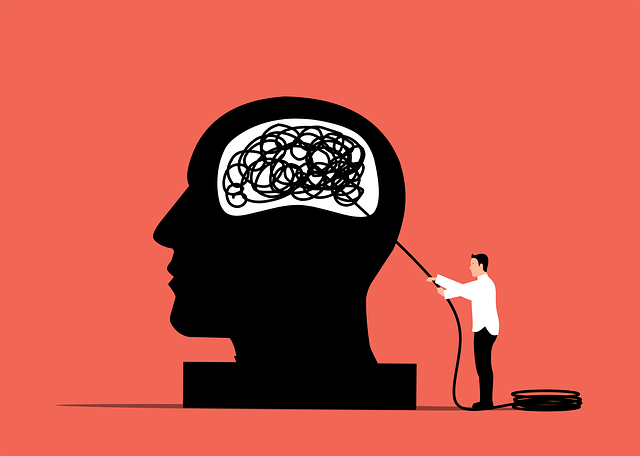If you try to look up a list of stress symptoms online, you will be greeted by a long list of symptoms, some of which even contradict each other. That’s not just another example of how poorly researched the average blog post is — the fact is that pressure affects people differently. And that reality can make stress hard to spot and easy to ignore, especially for people who have never dealt with burnout or mental health issues before.
The good news is that while stress can present itself in a variety of ways, some symptoms are much more common than others, and they can work as good red flags to let you know it’s time to take a break, go on a vacation, or maybe make dinner reservations on a nice restaurant. So if you want to keep an eye out for stress, here are the signs you should watch out for.
1 – Sleep troubles
Sudden changes in your sleep pattern are always something to watch for. If you find yourself unable to fall asleep at night or wake up after a full night’s sleep still feeling tired, that could signify that you are under too much stress. Especially if you never experienced such troubles before. Recurring nightmares and frequently waking up at night for no apparent reason are also bad signs.
Incidentally, sleep specialists will often recommend that people with insomnia set aside at least an hour to relax and unwind before going to bed every day. Such a sleep routine can help you sleep better and help you keep your overall stress levels under more control.
2 – Feeling overwhelmed
People suffering from chronic stress will often report feeling overwhelmed, even by tasks that they used to handle just fine. If you find yourself feeling as if you can’t take things and the work will never end, or as if you are just one mistake away from total doom, that’s a good sign that it’s time to stop and relax.
Of course, sometimes people feel overwhelmed because they are overwhelmed. But it’s not uncommon for people under too much stress to realize their problems were smaller than they thought after getting a chance to relax.
3 – Changes in appetite
As mentioned, stress affects people differently, and people’s appetite is a good example of this. Some people will eat more while under too much stress, and they’ll typically crave and prefer high-calorie snacks over proper meals. Other people lose their appetite when stressed out and will often find themselves forgetting to eat and skipping meals entirely. So changes in appetite in either direction are red flags you should watch for.
4 – Muscle tension
Different people hold tension in other areas, making the issue hard to spot. But it’s common for people under too much stress to have tension in various areas of their bodies, typically around the neck, shoulders, stomach, or jaw. That tension can lead to discomfort and even pain if left unchecked.
That’s actually how stress-induced headaches often come about. They are a result of holding tension in the neck and scalp muscles.
5 – Emotional changes
Stress will often have a negative impact on your emotions, although the effects differ from person to person. For example, some become more irritable, others feel cold and disinterested, while others feel lonely or experience a vague sense of dread. But, of course, lots of these are also symptoms associated with depression, and chronic stress puts you at a greater risk of suffering from depression.
You should take such emotional changes as a sign that it’s time to take a break. However, if getting some rest doesn’t fix the problem, you should seek professional help.























